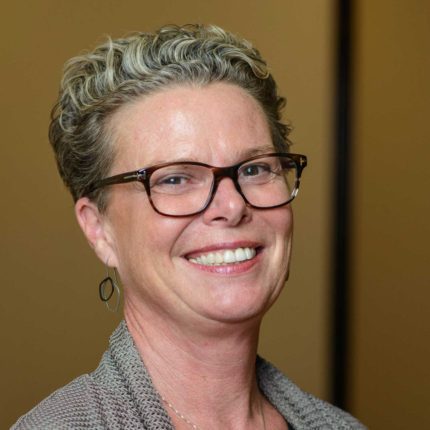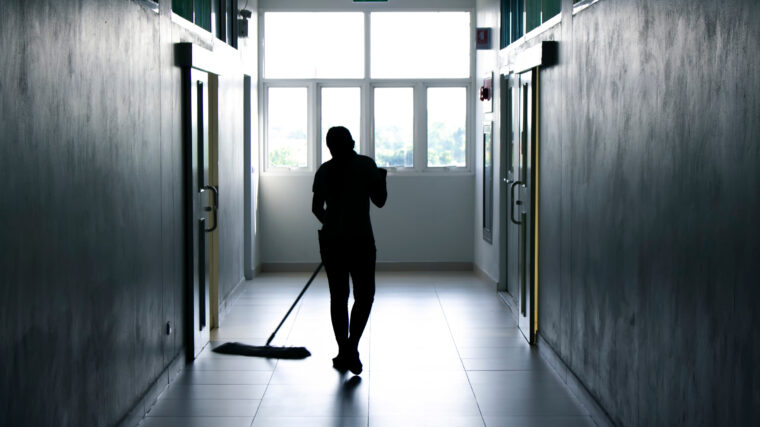Yet another Prime Minister has been toppled in Australia, triggering a reshuffling of the ministry. With the Opposition’s election prospects on the rise following the Coalition’s most recent act of self-immolation, what can we expect, if anything, from our new trio of ministers Dan Tehan (education, Karen Andrews (science, innovation and technology) and Michaelia Cash (vocational education)?
Another day, another PM. Who ever said life in Australia was all beer and skittles? Nope, we are now officially the coup capital of the world.
The new ministry, headed by Prime Minister Scott Morrison (media outlets are no longer allowed to refer to him by his former moniker ScoMo), has less than a year to make a mark and win over a cantankerous electorate. As per usual, we can assume that post-secondary education and science policy won’t be a top priority.
What’s the background?
It’s somewhat ironic, that in welcoming of the ministerial team by lobby groups thus far, many have made a point of calling for policy stability. Ironic because for all the huffing and puffing and inquiries and submission writing, very little has actually happened in higher education since the Coalition government came into power in 2013.
First, Christopher Pyne, who was Tony Abbott’s loyal foot soldier as education minister (and subsequently became Malcolm Turnbull’s loyal foot soldier before recently switching his loyalties to Scott Morrison), imploded spectacularly over his ill-informed and frightfully under-prepared plan to deregulate tuition fees.
He was followed by another South Australian, Simon Birmingham who made serious inroads with a new schools funding model that everyone but the Catholics could agree to. He also cleaned up the mayhem left behind (by Pyne) of a eye-watering $6 billion rort of the vocational student loans scheme (aka VET FEE-HELP).
Birmingham, who was widely respected and liked, attempted to make inroads in higher education policy, but tended toward the big stick rather than juicy carrot approach. Upon his appointment, Birmingham abandoned the toxic fee deregulation plan quick sticks and eventually came up with another designed to save the government’s bottom line. He wanted an “efficiency dividend” of $2.8 billion, another irony since the reason he wanted the saving was because of the blow out in student funding under the demand driven system, a policy that his government actively supported. (Birmingham memorably said that universities were awash with “rivers of gold”.
There were a few other things on Birmingham’s agenda, including 7.5 per cent of student funding being contingent on (never specified) performance criteria and the lowering of the threshold at which students had to repay their loans. By the end of his tenure, Birmingham eventually got an effective funding cut (of around $2.2bn), by simply freezing new student places until 2020 and got the HECS threshold lowered from $55,000 to $45,000.
Despite Malcolm Turnbull’s early pledge to turn Australia into an innovation nation, science never featured as a key policy area and was eventually relegated to a junior ministry position under Zed Seselja last December (I had to resort to Google to find that little fact out such was size of the science policy void).
What do universities want?
What universities (or more precisely vice-chancellors) want is not what they have been getting. First they wanted deregulated fees. They didn’t get them. They didn’t want funding cuts. They got them. They wanted the demand-driven system to continue. It didn’t. They wanted research fully funded. (Hahahahaha, is the sound of the government not listening to them).
In various press releases, peak group Universities Australia calls for the return of the demand-driven system, saying the “the change of Prime Minister was an opportunity to reconsider decisions made by the Turnbull Government”. (But not likely).
The Group of Eight (Australia’s Russell Group) calls for political stability and “a coherent message on the value of university research “; the Innovative Research Universities also calls for “stability” and “coherence” and an end to “special deals” for individual institutions (aka pork barrelling) while the Australian Technology Network wants a policy that promotes collaboration between universities and industry (which in Australia is woeful).
Given both Tehan and Andrews are from regional areas, the Regional Universities Network’s call for “a more joined up approach between education, research, innovation and regional development, including in city deals (as per a number of recent UK city deals)” might gain some traction, especially given the recent release of an independent review into regional, rural and remote education by Flinders University emeritus professor John Halsey.
In the meantime, there is still outstanding business to be attended to. A proposed reallocation of subsidised postgraduate and sub-bachelor was supposed to be up and running by 2019, but not a word from the education department thus far making 2020 the earliest possible date to implement a new model.
And while everyone from the Business Council of Australia to the ALP to the Group of Eight has been calling for an overhaul of the skills and training sector (along the lines of what is happening in the UK), the recent reshuffle saw vocational education quietly hived off from the education portfolio to that of small and family business, skills and vocational education under minister Michaelia Cash, which doesn’t sound too promising for any level of holistic reunification.
Will it happen?
Who knows, is the answer. Certainly, universities in Australia, as elsewhere, have never been a vote winner. Tehan already has his hands full with the ongoing schools funding debacle with early indications suggesting he is prepared to do a $4.4 bn “special deal” with the Catholics and independents in a bid to help get the Coalition across the line in the next election and so undoing many years of hard negotiations by his predecessor Simon Birmingham.
Andrews previously held a series of junior ministry positions in science and vocational education but one is hard pushed to name any notable achievements. Well, any achievements at all.
Having cut its own throat by ditching Turnbull in a maelstrom of vanity, ambition and revenge, the Coalition is now faced with an unwinnable election. That would make higher education and science low priorities in the policy space.
And despite calls for policy stability, the space has, by default, been stable for 10 years. But it’s a situation no one is happy about.
The only bright light on the horizon is that Labor has made clear post-secondary education is will feature as one of its key policy items. A full review of the post-secondary sector has already been announced by shadow education spokeswoman Tanya Plibersek should Labor win the election. But before anyone gets too excited, let’s remember that there’s no such thing as a free lunch – it usually comes wrapped in a Faustian pact.













